Imagine my surprise when I walked into a big-box store to see stacks of notebooks, crayon boxes and pencils. It’s hard to believe, but it’s “back-to-school” prep-time already! This time of year brings so many emotions, ranging from excitement (e.g., kids are excited to see friends and parents are excited their kids will be off screens and in a routine) to anxiety (e.g., kids are anxious about being around a lot of kids or worried about what other kids will think of them). For many Autistic kids, these feelings are often magnified by additional anxiety about the change in a schedule they settled into over the summer and the readjustment to being in the often-overstimulating school environment.
Here are some of our favorite tips to help reduce anxiety and support a good start to the school year! For more information check out this guide.
- Bring out the calendar and start to fill it in with the first day of school and prep days for school shopping (books, clothes).
- Start to write or draw out a schedule for the school day including wake up time, when to leave for the bus (write in a ? if unknown or a time-range) or for drop off/pick up. A list that has pictures along with words can make it easier to understand quickly.
- Shopping is not the top of the list for many of us — take steps to make it less stressful. Take some time to make your list with your child/children. Many stores now have online shopping so you can select what you want and then just pick up, or have it shipped if needed.
- Start a list with your child of what was helpful in the prior school year (did they have a place they could go to in their class or a sensory support? A flash pass to ask for a break without talking?) and a list of what was hard (loud cafeteria? Sitting in the back of the room?) and what helped.
- A Social Story can be helpful to prepare your child for the return to school. There are many options on the Autism Little Learners website.
- Contact the school to ask for a campus visit before the first day to allow your child to find their classroom and meet their teacher if possible. But if not, it can help to meet the staff in the front office, administrators and counselors who may be there. If it helps, take a picture of your child with them to review at home.
- Teachers want to know your child and how to support them. If your child is old enough to write/type, help them write a short note to tell their teacher what helps them and what is hard for them. They can share it with the teacher when they meet.
- If your child has a 504 or IEP, let the teacher know and set up a meeting to touch base. They may need time to plan a meeting; keep in mind that teachers will also be overwhelmed with meeting new students and learning how to support them.
- One big transition for many students is a change in sleep schedules. We recommend helping your child shift to the school sleep schedule at least 1 week before school starts if they are used to staying up and waking up much later. Make a visual schedule that includes fun activities earlier in the day if they interfere with sleep (like video games or reading if your kid can’t put a book down until it’s finished). Black out shades and background noise (not music or tv, but a repetitive noise like white noise or the sound of a fan) can be very helpful, but make sure it’s not too loud. Work with your child to make a 30 to 60 minute transition plan for sleep that gradually moves bedtime and wake up time earlier for the school start.
- A written list works for older kids, but a visual schedule is a list with pictures and can be helpful for younger kids. Help them select the pictures to be used.
- More suggestions on helping your child get ready to start school can be found in this article from Autism Parenting Magazine.
As always, we hope these tips, and strategies can help you and your kids start the school year off on the right foot!
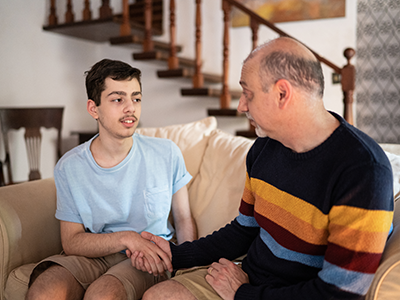 https://riseandshine.childrensnational.org/wp-content/uploads/2022/05/Father-and-son-talking-at-home-feature.png
300
400
Rise and Shine
https://riseandshine.childrensnational.org/wp-content/uploads/2017/11/childrens_riseandshine_logo.jpg
Rise and Shine2026-02-02 01:12:352026-02-02 15:21:38Talking to your child about their autism diagnosis
https://riseandshine.childrensnational.org/wp-content/uploads/2022/05/Father-and-son-talking-at-home-feature.png
300
400
Rise and Shine
https://riseandshine.childrensnational.org/wp-content/uploads/2017/11/childrens_riseandshine_logo.jpg
Rise and Shine2026-02-02 01:12:352026-02-02 15:21:38Talking to your child about their autism diagnosis




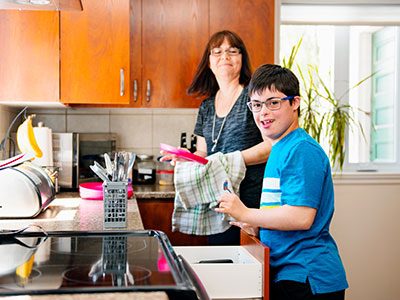
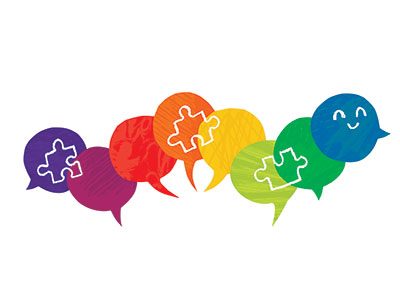
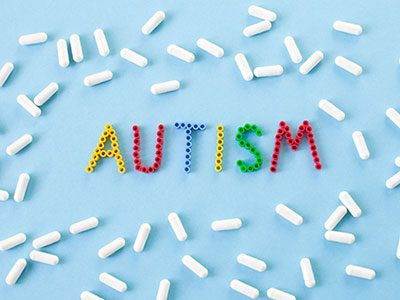

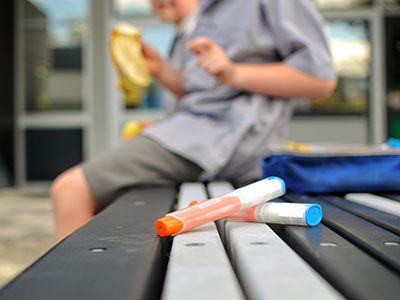
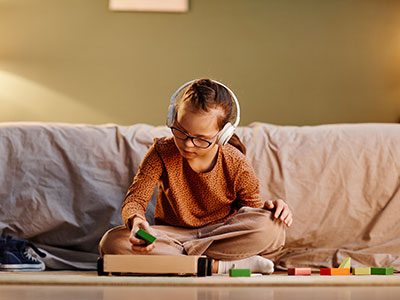







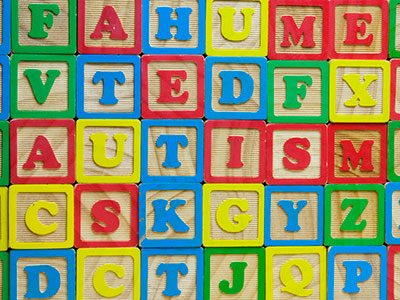

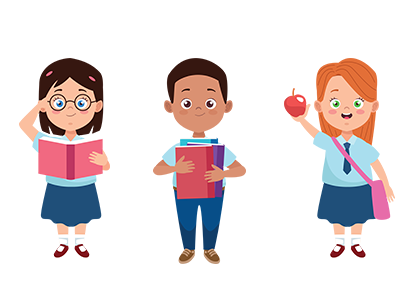


Leave a Comment
Want to join the discussion?Feel free to contribute!